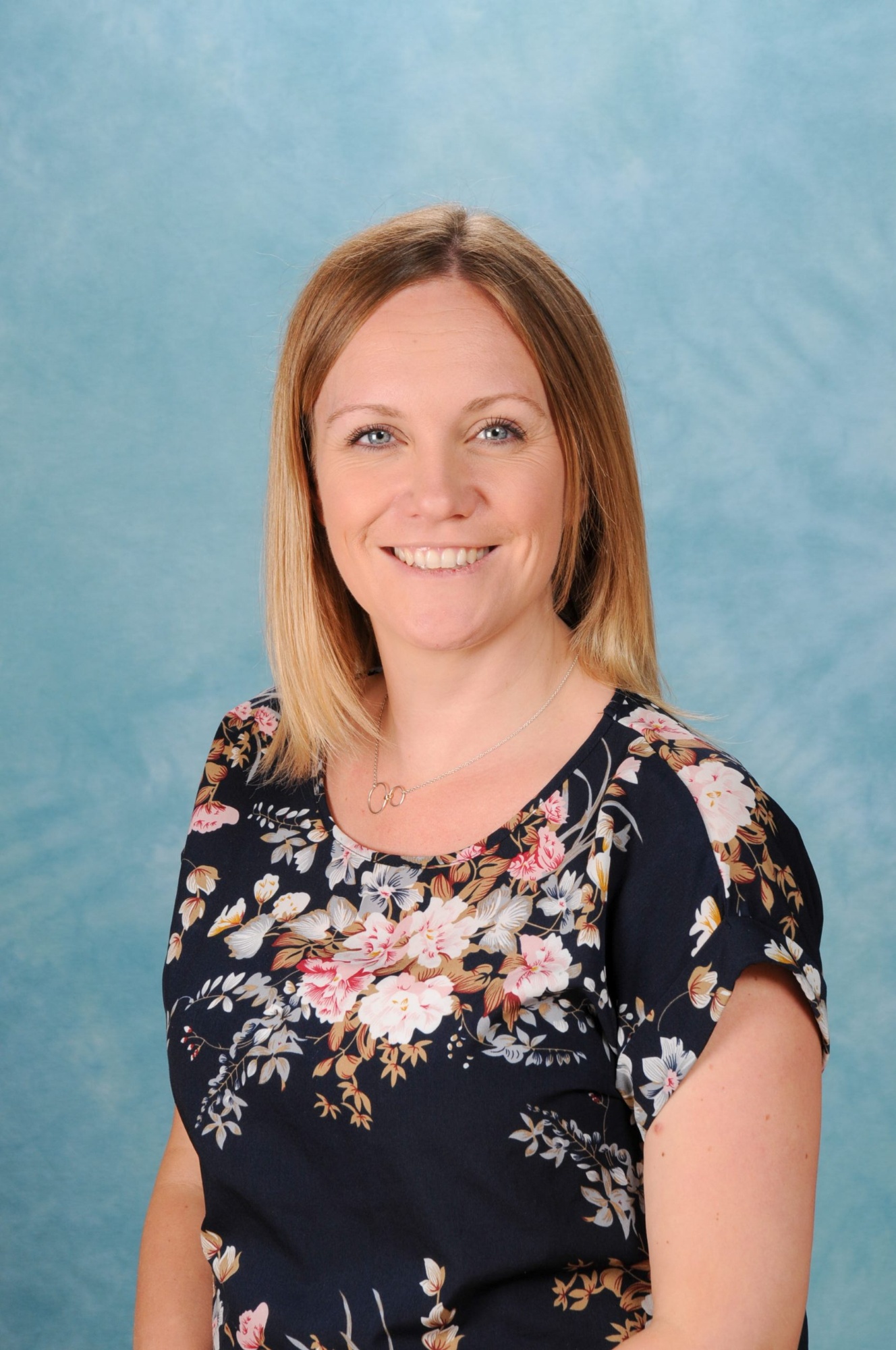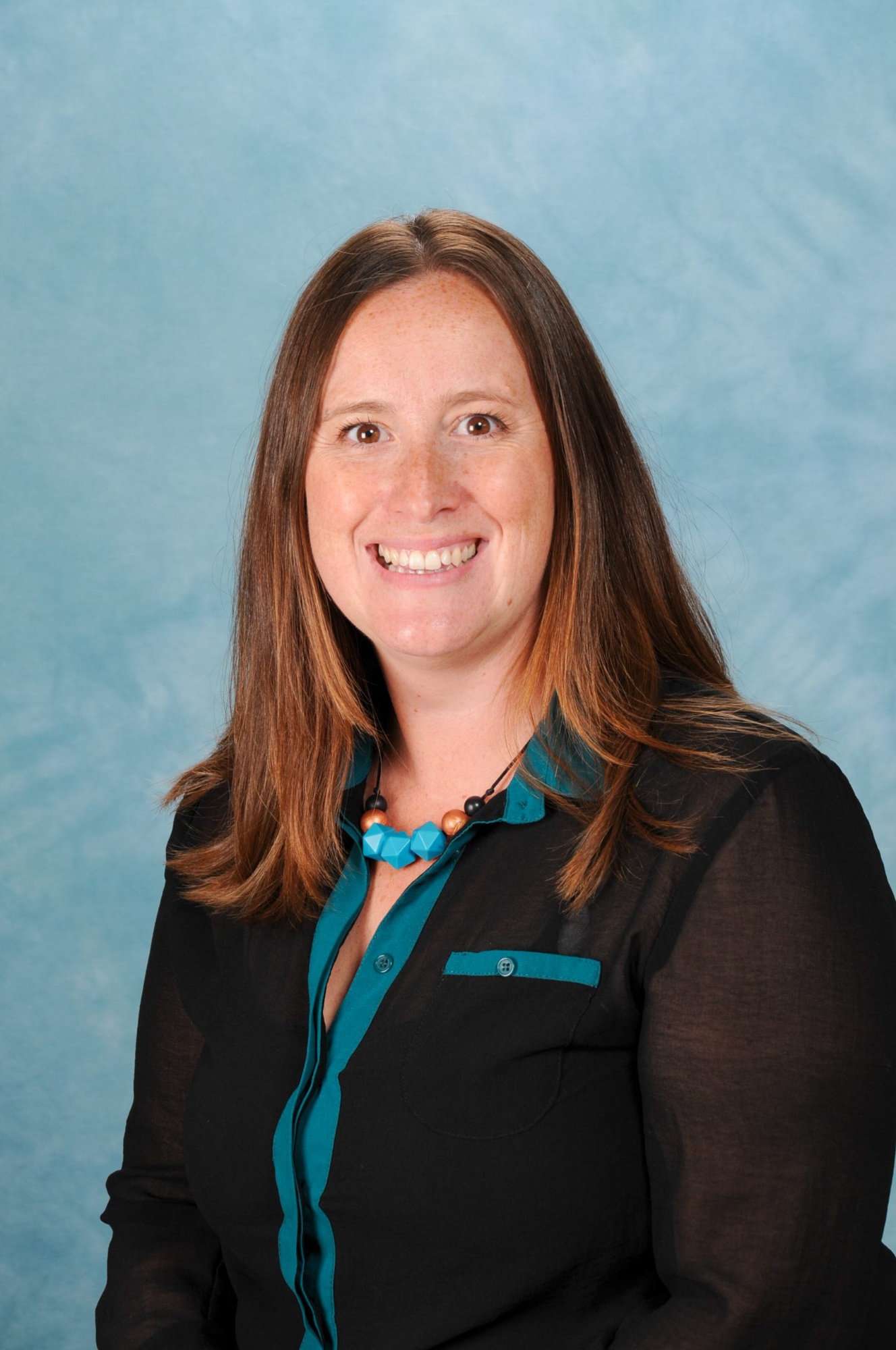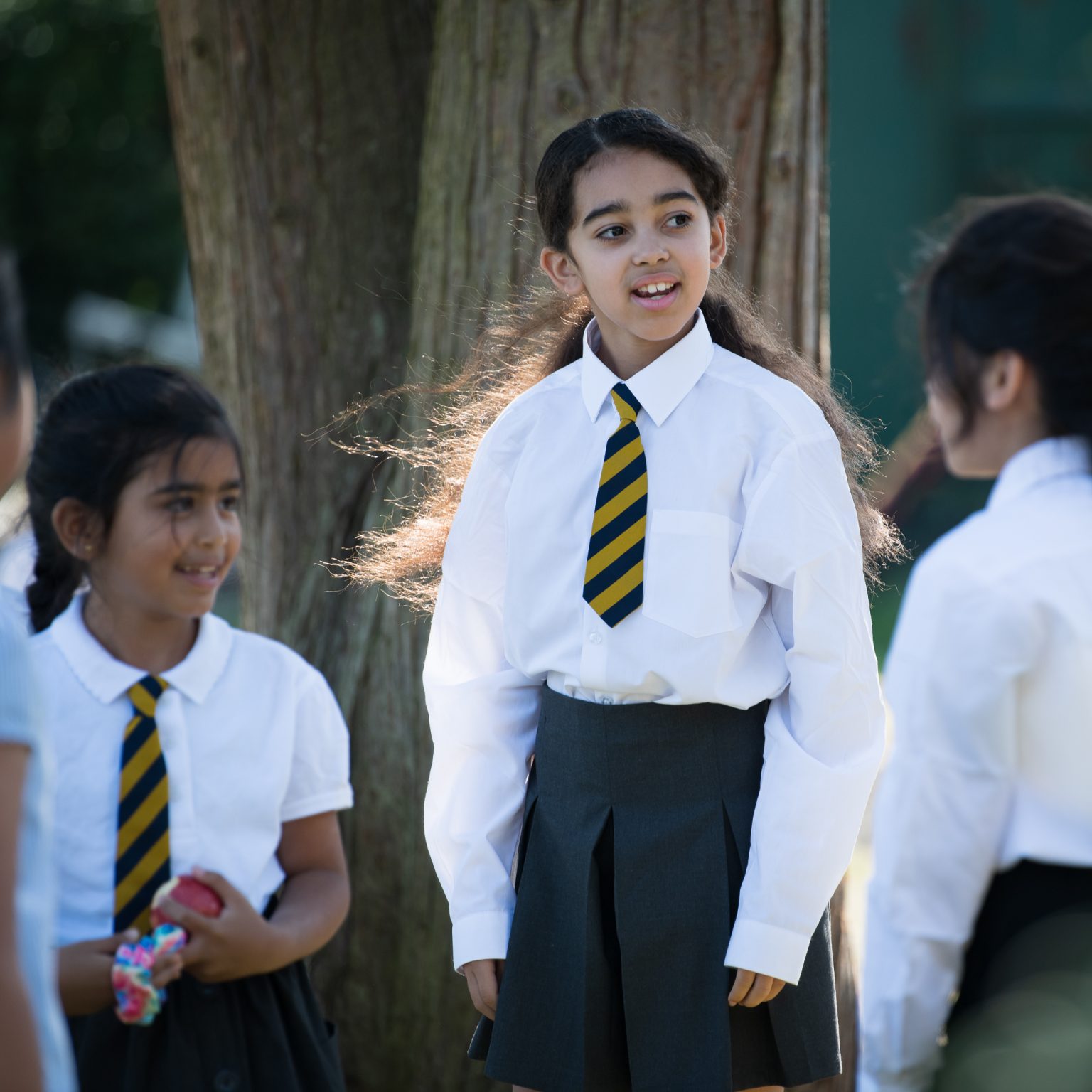Safeguarding
St Luke's Primary School is committed to safeguarding and promoting the welfare of children and expects all staff and volunteers to share this commitment.
We have a number of policies and procedures in place that contribute to our safeguarding commitment. You can read our safeguarding policy.
Sometimes we may need to share information and work in partnership with other agencies, when there are concerns about a child’s welfare. We will ensure that our concerns about our pupils are discussed with parents/carers first, unless we have reason to believe that such a move would be contrary to the child’s welfare.
 We actively support the Government’s Prevent Agenda to counter radicalism and extremism and we are an Operation Encompass School.
We actively support the Government’s Prevent Agenda to counter radicalism and extremism and we are an Operation Encompass School.
Please contact us should you have any concerns or questions.
- Childline: 0800 1111
- NSPCC
- Pan Dorset Multi Agency Policies and Procedures
- Family Information Directory (bcpcouncil.gov.uk)
The Family Information Directory provides details on childcare, local activities and a range of services for you and your family.
Our Safeguarding Team

|

|

|

|

|

|

|
|
- The Designated Safeguarding Lead with responsibility for child protection is Miss Sarah Walton.
- The Deputy Designated Safeguarding Leads with responsibility for children protection are Mr Martin Godfrey, Mrs Annabel Pogson and Miss Kerry Cutler
- The Safeguarding Governor is Mrs Hannah Beardsley.
- The Prevent Lead with responsibility for identifying and stopping extremism and radicalisation is Miss Sarah Walton.
Keeping Children Safe in Education
Prevent
This section is designed to give parents information about the PREVENT duty placed upon schools. Look out for further information which will be shared in newsletters across the year. The PREVENT approach at St Luke's Primary School is very much part of our curriculum, culture and processes.
We see it as an integral aspect in promoting the safeguarding and well-being of our children. Miss Walton is our PREVENT Lead and coordinates this work as part of her responsibility for Safeguarding. She is the Single Point of Contact (SPOC) and can be contacted on 01202 516499 if you wish to report any concerns.
What is the Prevent strategy?
Prevent is a government strategy designed to stop people becoming terrorists or supporting terrorist or extremist causes. At St Luke's Primary School we also believe that this work extends to supporting children's thinking skills so that they grow up without developing extreme views.
The Prevent strategy covers all types of terrorism and extremism, including the extreme right wing beliefs, neo-fascism, anti-animal testing related violence, violent Islamist groups and any other idealistic causes.
How does the Prevent strategy apply to schools?
From July 2015 all schools (as well as other organisations) have a duty to safeguard children from radicalisation and extremism.
This means we have a responsibility to protect children from extremist, extreme or violent views in the same way as we protect them from drugs or gang violence. This is part of our wider efforts to safeguard children and protect them from harm.
Importantly, as an educational setting, we can provide a safe place for pupils to discuss these issues so they better understand how to protect themselves. We believe it is important for children to have an environment in which they feel safe to discuss challenging views.
What does this mean in practice?
Many of the things we already do in school to help children become positive, happy members of society also contribute to the Prevent strategy.
These include:
- Exploring other cultures and religions and promoting diversity
- Challenging prejudices (behaviour which contradicts any aspect of Equality Law)
- Developing thinking skills and a strong, positive self-identity
- Promoting the spiritual, moral, social and cultural development of pupils, as well as British values such as democracy
We will also protect children from the risk of radicalisation, for example by using filters on the internet to make sure they can’t access extremist, extreme or terrorist material, or by vetting visitors who come into school to work with pupils.
Different schools will carry out the Prevent duty in different ways, depending on the age of the children and the needs of the community.
Frequently Asked Questions
How does Prevent relate to British values?
Schools have been required to promote British values since 2014, and this will continue to be part of our response to the Prevent strategy. British values include:
- Democracy
- The rule of law
- Individual liberty and mutual respect
- Tolerance of different faiths and beliefs
Isn’t my child too young to learn about extremism?
The Prevent strategy is not simply about discussing extremism itself, which may not be appropriate for younger children. It is also about teaching children values such as tolerance and mutual respect.
The school will make sure any discussions are suitable for the age and maturity of the children involved.
Is extremism really a risk in our area?
Extremism can take many forms, including political, religious and misogynistic extremism. Some of these may be a bigger threat in our area than others.
We will give children the skills to protect them from any extremist views they may encounter, now or later in their lives.
Who should I contact if I am concerned about a possible terrorism event?
The UK Anti-terror Hotline, on 0800 789 321.
To view "Let's Talk About It" ,the preventing terrorism website, please click here.
Key Terms
- Extremism – vocal or active opposition to fundamental British values such as democracy, the rule of law and tolerance of different faiths and beliefs
- Ideology – a set of beliefs
- Terrorism – a violent action against people or property, designed to create fear and advance a political, religious or ideological cause
- Radicalisation – the process by which a person comes to support extremist behaviour
Private Fostering
A private fostering arrangement is one that is made privately (without the involvement of a local authority) for the care of a child under the age of 16 years (under 18, if disabled) by someone other than a parent or close relative, in their own home, with the intention that it should last for 28 days or more. (*Close family relative is defined as a ‘grandparent, brother, sister, uncle or aunt' and includes half-siblings and step-parents; it does not include great-aunts or uncles, great grandparents or cousins.)
For more information, please click here.
County Lines
Useful Links
Role and Responsibilities of the Designated Safeguarding Lead
Roles and Responsibilities of the Safeguarding Governor












